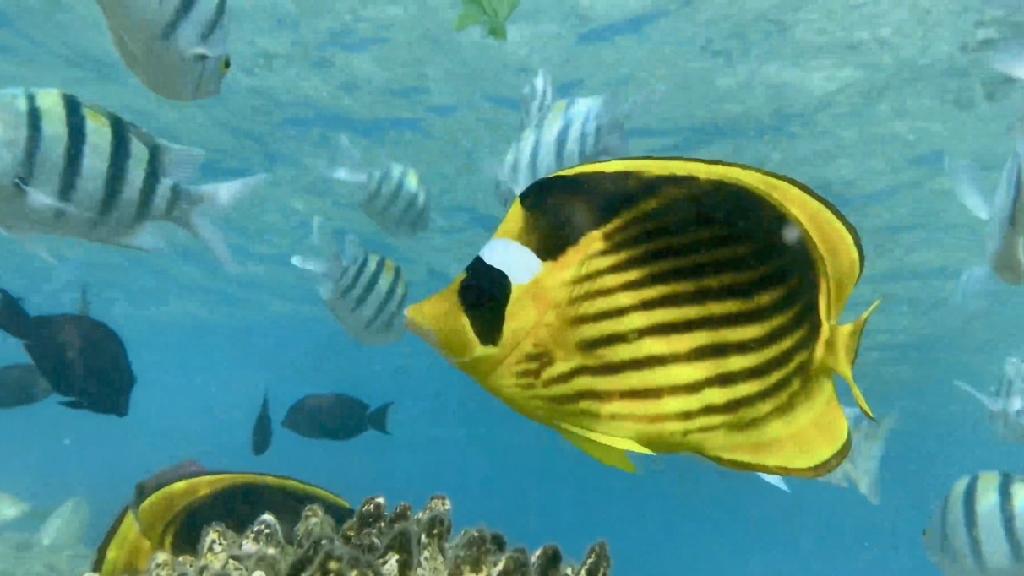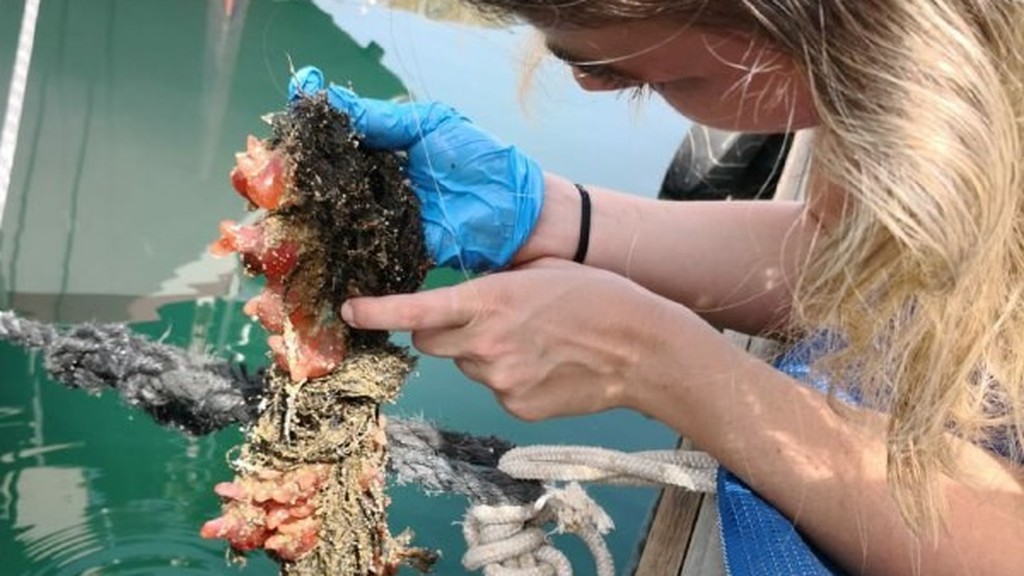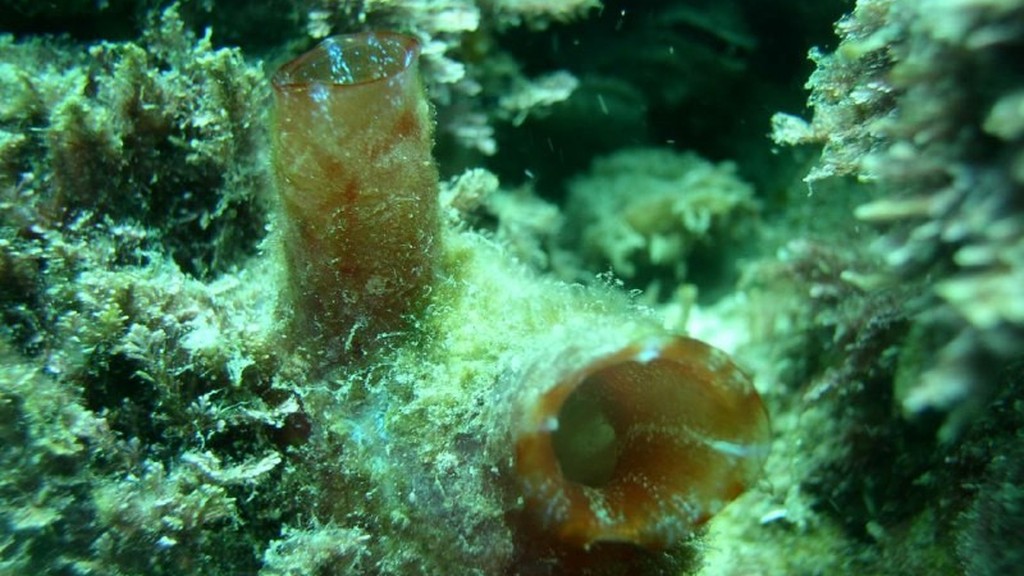Tel Aviv University researchers have found worrying amounts of pharmaceutical traces in marine life inhabiting both the Mediterranean and the Red Sea.
During the research - headed by Prof. Noa Shankar and research student Gal Navon from the Tel Aviv University and the Steinhardt Museum of Natural History - various marine lifeforms from ten different research sites located along Israel's coastline were found to have a significant concentration of medical drugs residue within their systems.
According to the research, which tested a large variety of marine life, one of the most impacted life forms is a marine invertebrate known as tunicata, which sustains itself on water it filters through its feeders.
Such findings point to a danger of water pollution, says Prof. Shankar, who also warns of irreversible ecological damage that would harm all those who eat fish.
During the research, tunicatas from all over the country were tested, including from the northern coast of Achziv, Acre, Haifa, Sdot Yam, Hadera, Herzliya, Bat Yam, Ashdod and Ashkelon, as well as from the shores of Eilat.
The tunicatas went through chemical analyses meant to locate traces of active drug ingredients. According to the researchers, the results of the analyses were worrying to say the least.
During the test, significant concentrations of drug traces were found at tunicatas from 10 of the 11 sites sampled. The only place where no drug concentrations were found was in the area of the Hadera power plant.
"Israel is not exempt from the serious global problem of seawater pollution from pharmaceuticals," warn the two researchers. "The drugs people take cause a lot of damage to the marine environment, indirectly affecting humans."
Prof. Dror Avisar from the Porter School of the Environment and Earth Sciences, who also took part in research, says: "What surprised us was just how common drug residue pollution is rampant in the coasts of Israel. Most of the drugs reach the sea through streams or discharges from sewage treatment plants."
Israel's Water Authority is aware of the issue, as remains of drugs meant to treat epilepsy and bipolar disorder have already been discovered in Israel's groundwater.
This recent research though shows the issue is far more widespread than initially thought.
While humankind consumes in monumental amounts of drugs each year, the effects of the residue of such drugs on the natural world remains largely unknown.




